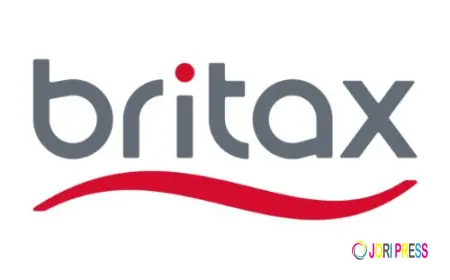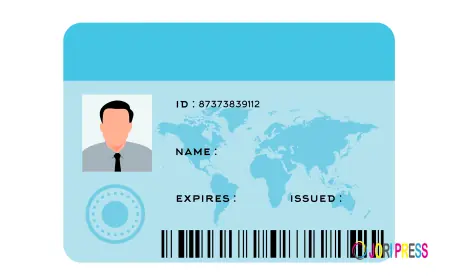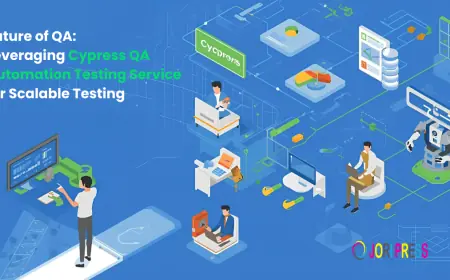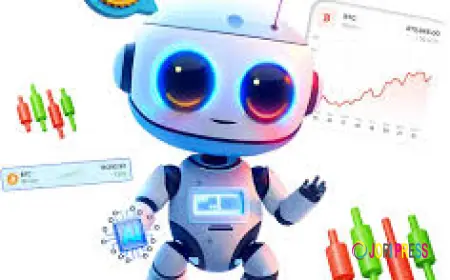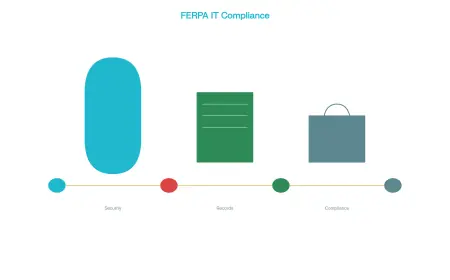Web Portal vs. Website: Key Differences Every Business Owner Should Know

In today’s digital-first business landscape, having an online presence is no longer optional—it’s essential. Companies use digital platforms to engage customers, streamline internal processes, and expand market reach. However, many business owners still confuse web portals and websites, often assuming they serve the same purpose. While both play crucial roles in online business strategies, their functionality, audience targeting, and objectives differ significantly.
Understanding these differences can help businesses choose the right digital solution, ensuring efficiency, growth, and customer satisfaction. In this blog, we’ll break down the key differences between a web portal and a website, highlight their use cases, and guide business owners in making an informed choice.
What is a Website?
A website is a collection of interlinked web pages accessible through a domain name. Websites are designed primarily to share information, promote products or services, and build credibility.
Core Characteristics of a Website:
-
Publicly Accessible: Most websites are open to anyone without requiring login credentials.
-
Informational in Nature: Websites focus on presenting information about a company, brand, product, or service.
-
Static or Dynamic: Some websites are static with fixed content, while others are dynamic and updated frequently.
-
One-Way Communication: Visitors can view content but often have limited interaction beyond filling out forms or contacting the business.
-
Examples: E-commerce sites, business websites, blogs, news portals, and personal websites.
A website acts as a digital storefront, ensuring your business is visible to potential customers around the clock.
What is a Web Portal?
A web portal is a centralized platform that provides personalized access to information, services, and resources for specific users. Unlike websites, portals are highly interactive and often require login credentials.
Core Characteristics of a Web Portal:
-
Personalized Access: Users see tailored content based on roles, preferences, or access levels.
-
Integration of Services: Portals integrate multiple applications, tools, and data sources into one interface.
-
Secure & Private: Access is typically restricted to employees, partners, or registered customers.
-
Two-Way Communication: Users can interact, collaborate, and perform transactions within the portal.
-
Examples: Employee self-service portals, e-learning portals, healthcare portals, and customer service portals.
A web portal acts as a digital gateway, streamlining access to tools, resources, and services in one place.
Key Differences Between Web Portal and Website
To help you understand better, let’s explore the differences across various dimensions:
1. Purpose
-
Website: Its primary goal is to provide information and promote a business to the general public.
-
Web Portal: Its goal is to give personalized and secure access to specific resources, often improving business processes and user engagement.
2. Target Audience
-
Website: Designed for a broad audience—anyone who visits the site.
-
Web Portal: Targeted toward specific groups like employees, customers, or students.
3. Accessibility
-
Website: Publicly accessible without login credentials.
-
Web Portal: Requires login and role-based access.
4. Interactivity
-
Website: Limited interaction, mostly one-way communication.
-
Web Portal: High interaction with features like dashboards, messaging, forms, and workflow management.
5. Content Delivery
-
Website: Offers generic content to all users.
-
Web Portal: Delivers personalized content and resources tailored to each user’s needs.
6. Complexity
-
Website: Generally simpler to build and maintain.
-
Web Portal: More complex, requiring advanced integration with systems like CRM, ERP, or HRM.
7. Examples in Real Life
-
Website: Nike.com (showcases products, brand, and e-commerce store).
-
Web Portal: My Nike+ account (personalized dashboard for tracking workouts, orders, and rewards).
When Should a Business Choose a Website?
A website is the right choice if your business:
-
Wants to establish brand visibility and credibility.
-
Needs to showcase products or services to a global audience.
-
Intends to run digital marketing campaigns and attract leads.
-
Requires online selling capabilities through an e-commerce platform.
-
Focuses primarily on customer acquisition and engagement.
For instance, a restaurant or retail shop would benefit greatly from a website to display menus, promotions, and locations.
When Should a Business Choose a Web Portal?
A web portal is the right choice if your business:
-
Needs a platform for internal communication and collaboration.
-
Wants to provide personalized services to users.
-
Manages large datasets and requires secure, role-based access.
-
Intends to improve customer support via self-service portals.
-
Requires integration of multiple systems into a centralized interface.
For example, a university may build a web portal for students to check grades, register for courses, and access e-learning resources.
Benefits of Websites for Businesses
-
24/7 Online Presence – Customers can reach you anytime, anywhere.
-
Cost-Effective Marketing – A website is cheaper than traditional advertising.
-
Brand Credibility – Builds trust among customers and partners.
-
Lead Generation – Captures inquiries through forms and CTAs.
-
Global Reach – Expands your business presence beyond geographical boundaries.
Benefits of Web Portals for Businesses
-
Personalization – Provides users with relevant content and tools.
-
Efficiency – Streamlines operations by integrating multiple services in one place.
-
Enhanced Communication – Facilitates collaboration and information sharing.
-
Security – Protects sensitive data with authentication and role-based access.
-
Customer Satisfaction – Improves user experience through self-service options.
Website vs. Web Portal: Which One Does Your Business Need?
The decision depends on your business goals.
-
If your focus is visibility, marketing, and lead generation, a website is the best option.
-
If your goal is to streamline processes, provide personalized services, and enhance user engagement, a web portal is the right fit.
In many cases, businesses benefit from having both. A public-facing website attracts customers, while a private web portal offers ongoing support and engagement. For instance, a healthcare provider may use a website for general information and a patient portal for booking appointments and viewing medical records.
Conclusion
Both web portals and websites are powerful tools, but they serve different purposes. A website works as your digital identity, creating awareness and attracting customers, while a web portal acts as a secure and interactive platform tailored to specific user groups.
For business owners, the key lies in identifying goals, audience, and functionality requirements before investing in either. Some companies even combine both solutions to maximize impact.
If you want to grow your business online, collaborating with a professional web portal development company or website development company can ensure you choose the right solution for your unique needs.
What's Your Reaction?
 Like
0
Like
0
 Dislike
0
Dislike
0
 Love
0
Love
0
 Funny
0
Funny
0
 Angry
0
Angry
0
 Sad
0
Sad
0
 Wow
0
Wow
0







